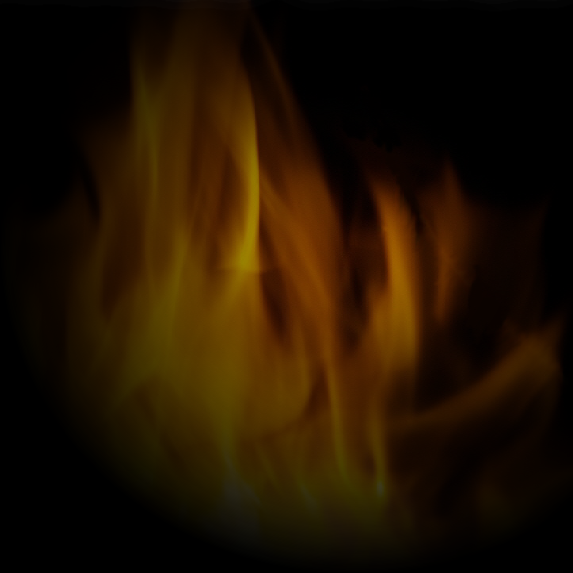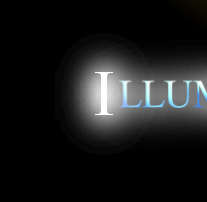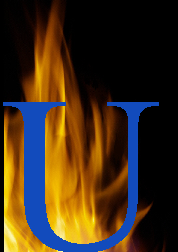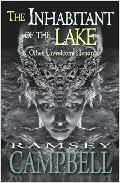





Can you discuss a favorite book or writer in terms of your own writing?
As for a specific example – well, The Darkest Part of the Woods was an attempt to convey some of the sense of cosmic awe and terror I still find in Lovecraft’s best work, and I went back to his first principles to do so. The book is composed of hints and allusions, and uses The Case of Charles Dexter Ward as a template to some extent, not least the way that book barely refers to Lovecraft’s mythos.
Do you see yourself as part of a tradition?
Very much so. I’ve tried over the decades to be true to the classics of our field while attempting to develop it along contemporary lines. I think the development of the overall tradition is pretty clear, do you? Elsewhere I tried to sum it up thus: Poe and Le Fanu refined the Gothic novel, rendering it terser and more psychologically focused. M. R. James stripped Le Fanu’s methods to their absolute essence, developing his own genius for the spectrally suggestive phrase or sentence. Writers such as Walter de la Mare and Lovecraft learned from Poe. Lovecraft also subsumed the influence of writers such as Blackwood and Machen. Fritz Leiber united the traditions of M. R. James and Lovecraft. T. E. D. Klein does too, but Machen also comes to the fore in some of Ted’s finest work. Stephen King rediscovers Poe for our time. Echoes of Robert Aickman can be found in M. John Harrison’s profoundly personal fiction, and in Lisa Tuttle’s and Terry Lamsley’s. Thomas Ligotti’s tales can be Lovecraftian, but they are remarkably unlike anybody’s work other than the author’s, although Mark Samuels has an equally distinctive worldview that earns him the comparison. But there’s much more to be said by folk who know more than me, I’m sure!

OCCUPY DARKNESS - Ramsey Campbell

